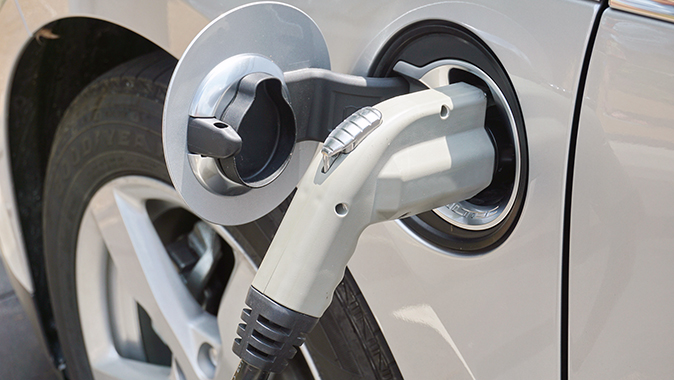On Jan. 1, 2023, Washington’s new Clean Fuel Standard will begin cutting greenhouse gas emissions from transportation – the state’s largest source of carbon pollution.
Over the next 12 years, the new standard will reduce annual transportation emissions statewide by 20%, or about 4.3 million metric tons of carbon dioxide equivalent. That’s comparable to taking more than 900,000 cars permanently off the road.
The Washington Legislature passed the Clean Fuel Standard in 2021 and directed the Department of Ecology to implement the program beginning in 2023. Today, Ecology adopted the final rules for the Clean Fuels Program to meet that deadline.
“We have to make it easier for people and businesses to use cleaner transportation options,” said Washington Gov. Jay Inslee. “The Clean Fuel Standard will jumpstart investments in low-carbon fuels, help expand our state’s infrastructure for zero-emission vehicles, and give consumers better choices as we grow our clean energy economy.”
The new Clean Fuels Program uses a market approach to incentivize fuel producers to reduce the “carbon intensity” of their products by 20% by 2034 – four years faster than first proposed. The accelerated timeline comes in response to strong public feedback and an independent economic analysis and fuel supply forecast that show 2034 is an achievable target.
California, Oregon, and British Columbia have adopted similar programs for transitioning to low-carbon fuels. Even before Washington’s program formally begins, fuel producers and energy suppliers have moved to increase clean fuels production. Most notably, BP America committed last year to invest $269 million to double the production capacity of renewable diesel at its Cherry Point refinery, near Ferndale.
“We’ve seen encouraging interest from businesses that want the opportunities clean transportation fuels will bring,” said Laura Watson, Ecology’s director. “We’re excited to work with businesses and communities across the state on this new program, and to integrate it with our other climate policies, especially our zero-emission vehicles and cap-and-invest programs.”
Under the new program, fuels will be assessed to determine their “carbon intensity” – how much carbon pollution they produce over their lifecycle for the energy they deliver. Cleaner fuels – those with carbon intensities below the standard – will generate credits that can be kept or sold to producers of high-carbon fuels. This will spur production of cleaner blends of traditional fuels, notably gas and diesel, and is expected to stimulate further investment in alternative fuels and electric vehicles.
The program also includes incentives for building charging infrastructure for electric and hydrogen-fuel vehicles and includes provisions to ensure overburdened communities see increased access to clean transportation.
What will the Clean Fuel Standard mean for gas prices?
Gas prices will continue to be far more impacted by world events and supply disruptions than individual state policies. No new carbon reduction policies are in place today, yet gas prices are still more than $4 a gallon in Washington. The good news is that the Clean Fuel Standard and other climate policies in Washington are not predicted to have a significant impact on gas prices. An independent analysis (commissioned by Ecology) found that the Clean Fuel Standard would add less than a tenth of a cent to the price of a gallon of gas in 2023, about two cents in 2024, and four cents in 2025.
Any price impact from the policy is predicted to disappear once the standard is fully in place by 2034. Even when combined with Washington’s other major new climate policy, the Climate Commitment Act, any increase on consumer gas prices is unlikely to exceed 1%.
In addition, greater consumer choice for transportation fuels is expected to diminish the economic impacts caused by sudden swings in gas prices.


